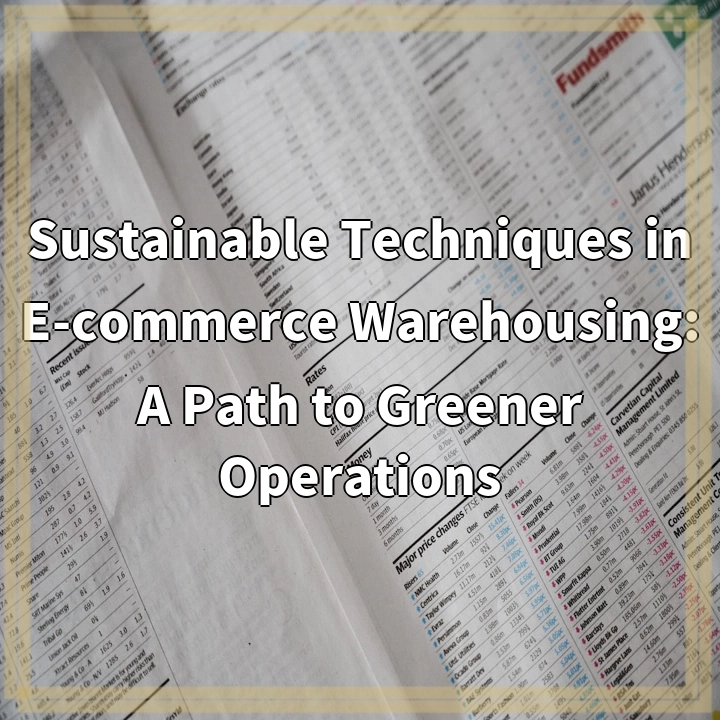
What is Biochar?
Biochar is a form of charcoal that is produced through the process of pyrolysis, which involves heating organic materials, such as agricultural waste, wood chips, or crop residues, in a low-oxygen environment. This process converts the organic material into a stable form of carbon that can be used as a soil amendment.
Real-World Problems Associated with Biochar:
1. Air Pollution:
Biochar production can release significant amounts of smoke and volatile organic compounds, contributing to air pollution. It is necessary to implement proper pyrolysis techniques and use emission control measures to minimize these impacts.
2. Deforestation:
The demand for biomass feedstock for biochar production can lead to increased deforestation and habitat destruction. It is important to ensure that sustainable and renewable feedstock sources are used, such as agricultural residues or invasive plant species.
3. Soil Contamination:
Poorly produced or contaminated biochar can have negative effects on soil health. It is crucial to follow quality control measures during production and ensure that the feedstock used does not contain any harmful substances, such as heavy metals or pesticides.
4. Water Impacts:
Improper handling or storage of biochar can lead to runoff, which can contaminate water sources and negatively impact aquatic ecosystems. Implementing proper storage and handling practices can minimize these risks.
5. Carbon Footprint:
The production process for biochar can consume significant amounts of energy and emit greenhouse gases. It is important to evaluate and optimize the production process to minimize the carbon footprint associated with biochar production.
6. Lack of Regulation:
There is currently a lack of standardized regulations and certifications for biochar production and use. This can lead to inconsistent quality, potential mismanagement of feedstock sources, and limited accountability. Developing and implementing robust regulations is essential for responsible and sustainable biochar practices.
Overall, while biochar shows promise as a potential solution for improving soil health and mitigating climate change through carbon sequestration, it is crucial to address and overcome these real-world problems to ensure its effectiveness and minimize its negative impacts on the environment.

Solutions to Real-World Problems Associated with Biochar:
1. Emission Control Measures:
Implementing proper pyrolysis techniques and using emission control measures can help minimize air pollution caused by biochar production.
2. Sustainable Feedstock Sources:
Ensuring the use of sustainable and renewable feedstock sources, such as agricultural residues or invasive plant species, can help reduce the negative impact on deforestation.
3. Quality Control Measures:
Implementing quality control measures during biochar production helps ensure that the soil amendment is of high quality and free from harmful substances that could contaminate the soil.
4. Proper Storage and Handling Practices:
Following proper storage and handling practices helps prevent runoff and water contamination from incorrectly managed biochar.
5. Optimization of Production Process:
Evaluating and optimizing the production process for biochar can help minimize its carbon footprint by reducing energy consumption and greenhouse gas emissions.
6. Development of Regulations:
Establishing standardized regulations and certifications for biochar production and use ensures consistent quality, responsible feedstock management, and increased accountability.
By implementing these solutions, we can harness the potential benefits of biochar while mitigating its environmental impacts. It is crucial to address these real-world problems associated with biochar to ensure its effectiveness as a sustainable solution for soil health improvement and carbon sequestration.















